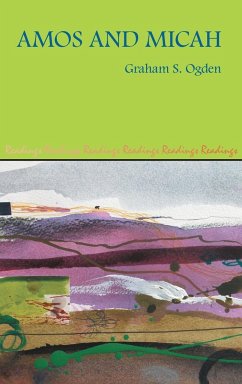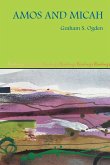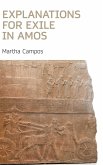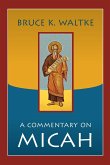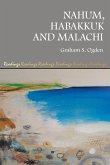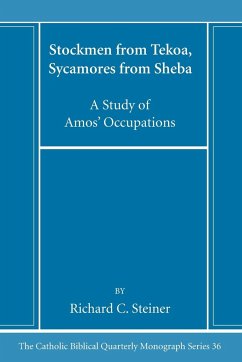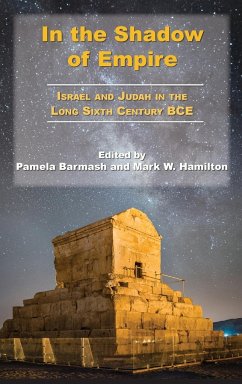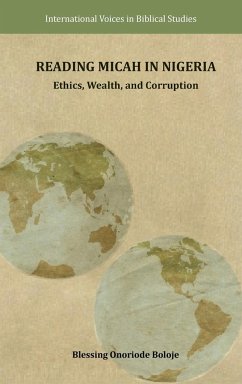Amos denied being a prophet, for he was a Visionary, one who 'saw' and assessed what was happening around him. Micah condemned all prophets as corrupt liars, ensuring that he should not be mistaken for one. He too was a Visionary who 'saw' the state of affairs in that same eighth century BCE Israelite society. The fact that neither of these men is identified in the text as a prophet is vitally important, for it indicates how one must read their edited works. The traditional view that these men spoke what Yahweh their God revealed to them is not applicable; both spoke about what they themselves 'saw' in the social and religious context within Israel at the time. Both books, Amos and Micah, are reports of their insights now set within new frames. Amos is structured about discrete blocks of material with shared forms, such as the opening series of numerical x, x+1 forms (1.3-2.16), the calls to 'Hear this word...' (3.1-5.17), 'Woe...' forms (5.18-6.7) and his five visions (7.1-9.6). It is a planned re-arrangement of Amos' words (1.1) as recalled. Micah's editor similarly has selected a number of discrete and generalized speeches attributed to Micah, setting them within a chiastic structure with 4.11-13 as the central unit; it spells out his conviction that Yahweh is 'master of the whole earth'. Indeed, Micah's very name asks the question 'Who is like Yah(weh)?' and 4.11-13 is his response, closing in 7.18-20 with another rhetorical question 'Who is a God like you?' Micah sees his God as incomparable! The commentary depends on the text's literary and rhetorical evidence to give expression to Amos' and Micah's deep personal concerns within the historical and cultural setting of their time.
Hinweis: Dieser Artikel kann nur an eine deutsche Lieferadresse ausgeliefert werden.
Hinweis: Dieser Artikel kann nur an eine deutsche Lieferadresse ausgeliefert werden.

